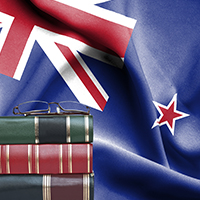
Tied up in knots about knowledge
Like so much of value in life, education is oblique. Unfortunately, NCEA’s reviewers have yet to appreciate this. Read more

Briar specialises in education. Before joining the Initiative she was a Maths teacher and Assistant Principal in London. Briar has worked for International Education consultancy CfBT, and the Westminster think tank Policy Exchange. She holds a Masters Degree in Economics from the University of Edinburgh.
Latest reports:
New Zealand’s Education Delusion: How bad ideas ruined a once world-leading school system (2020)
Research Note: Ignorance is not bliss: Why knowledge matters (and why we may not have enough of it) (2019)
Spoiled by Choice: How NCEA hampers education, and what it needs to succeed (2018)
Scroll down to read the rest of Briar's work.
Phone: +64 4 499 0790

Like so much of value in life, education is oblique. Unfortunately, NCEA’s reviewers have yet to appreciate this. Read more

In this week’s long-form podcast interview, our chief editor Nathan Smith sat down with research fellow Briar Lipson to discuss why New Zealand’s education standards are slipping and how the progressive or “romantic” notions of schooling gained such tight traction in this country. If you would like to listen to our latest podcasts, please subscribe to The New Zealand Initiative podcast on iTunes, Spotify or The Podcast App. Read more

After 12 years of the New Zealand Curriculum (NZC), most Kiwi primary schools continue to ignore its main message: they do not weave ‘Key Competencies’ into what or how they teach. The Education Review Office (ERO) confirmed this in recent research. Read more

Imagine if a friend believed cake was more nutritious for children than vegetables, and any time you tried to explain otherwise they closed down the discussion saying the two were a false dichotomy: children should just eat both. This is what happens when the overwhelming evidence in favour of teacher-directed, rather than student-oriented learning achieves air-time in New Zealand. Read more
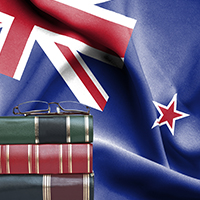
Last week, an educational resource unveiled by Ministers Shaw and Hipkins was praised by The Guardian newspaper for putting New Zealand “at the forefront of climate change education worldwide”. ACT MP David Seymour judged differently, describing the same resource as “state-organised bullying”. Read more
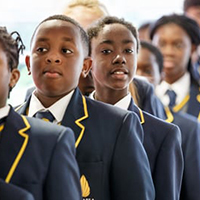
Confirmation came this week that New Zealand’s once world-leading school system continues its steady decline. Ever since the OECD began testing the educational performance of 15-year olds in the early 2000s, New Zealand students have performed progressively worse in all three assessed areas of reading, maths and science. Read more
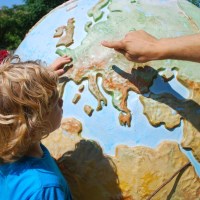
Despite what Education Minister Chris Hipkins would have us believe, you cannot simply google everything. Technology has undoubtedly transformed our ability to access information, but despite what Hipkins told Newshub, memory still matters. Read more

Ever since the OECD began testing the educational performance of 15-year olds in the early 2000s, New Zealand has performed progressively worse in all three assessed areas of reading, maths and science. The troubling trajectory was confirmed again with the release of the results of the OECD's 2018 Programme for International Student Assessment (PISA) testing round. Read more

Imagine putting $100 in a bank account that earned 2% annual interest but being unable to calculate how much would be there at the end of one year? ($102) As an NBR reader, that question was probably easy to answer. Read more
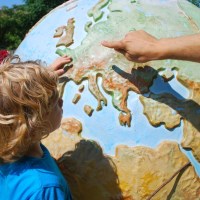
“For a child in Bluff who might be interested in muttonbirds, they are not going to be interested in the fact that there are seven continents in the world." This statement, made by the elected President of the New Zealand Principals’ Federation, Whetu Cormick, perfectly encapsulates what is wrong with education in New Zealand. Reported in the Herald in response to a question about our national curriculum, Cormick’s example was prompted by our latest research note Ignorance is not bliss. Read more

Following the release of our latest research note, Ignorance is not bliss: Why knowledge matters (and why we may not have enough of it), research fellow Briar Lipson spoke on Newstalk ZB to discuss the state of general knowledge in New Zealand and why a knowledge-rich curriculum is so important.
Read more
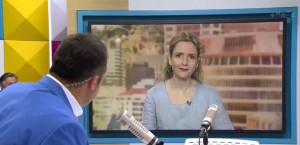
On The AM Show, Briar Lipson discusses her new research, Ignorance is not bliss: Why knowledge matters (and why we may not have enough of it), and highlights the serious gaps in Kiwis' knowledge, Briar explains why a knowledge-rich curriculum is so important and says while it is exciting the Government has announced that New Zealand history will be a required subject in schools from 2022, why does it just stop there - what about teaching world history?
x Read more

We all assume we've got a handle on basic knowledge, but a new survey has found New Zealanders have some serious gaps when it comes to basic maths, geography and history facts. Briar Lipson spoke to Jesse Mulligan on Radio New Zealand about the finding from her new report, Ignorance is not bliss: why knowledge matters (and why we might not have enough of it). Read more
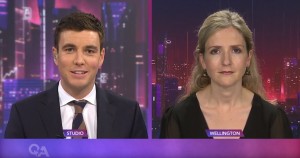
On Q+A, Briar Lipson discusses our survey that tested 1,000 voting-aged New Zealanders on the state of their general knowledge. The (surprising) findings formed the basis for her latest research note, Ignorance is not bliss: Why knowledge matters (and why we may not have enough of it). Read more
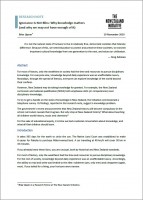
For most of history, only the wealthiest in society had the time and resources to pursue disciplinary knowledge. For everyone else, knowledge beyond daily experience was an unaffordable luxury. Read more